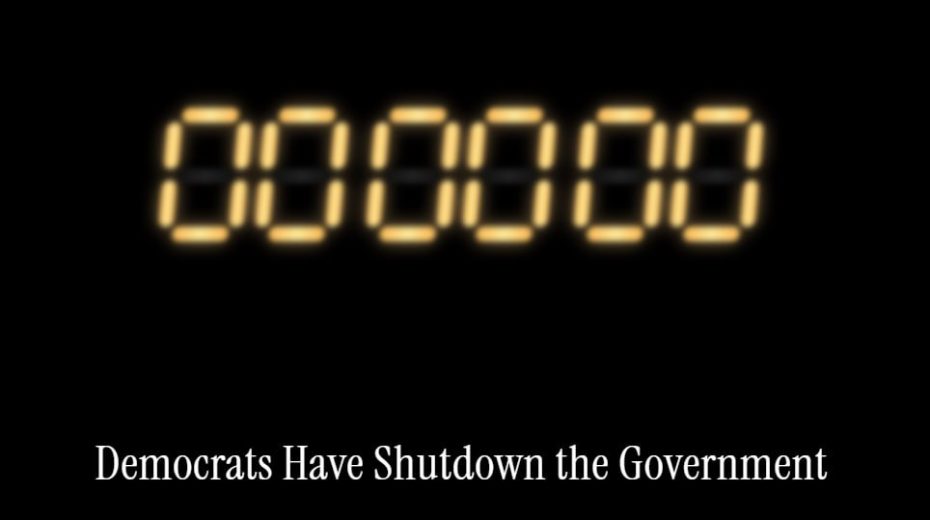
For all the media anxiety about the government shutdown, the reality is that only around 750,000 of the more than two million federal employees outside the military are being furloughed.
The majority of federal programs will keep functioning, including key entitlement and welfare initiatives. National parks will stay open, though they may have fewer staff and visitor centers might be closed. Unfortunately, the shutdown will not impact the military-industrial complex.
President Trump’s claimed “master plan” to conduct widespread federal employee terminations will result in firing just 16,000 workers.
Democrats refuse to approve a short-term continuing resolution unless it continues the increased Obamacare subsidies introduced during the Biden-era covid relief package. Republicans, despite their long-standing campaign pledges to repeal and replace Obamacare, are not opposing the subsidy extension. Their focus instead is on Democrats’ efforts to permit illegal immigrants access to taxpayer-funded health coverage. Republicans want to negotiate the subsidy extension rather than simply attach it to a “must pass” continuing resolution and want to ensure laws prohibiting illegal immigrants from receiving subsidies remain in place.
The Republicans’ implicit acceptance of the boosted Obamacare subsidies—which were designed as a temporary aid for Americans who lost jobs due to covid shutdowns—marks a significant yet underrecognized development in Obamacare’s history. For years, Republicans campaigned on promises to “repeal and replace” Obamacare. Opposition to Obamacare, alongside resistance to big bank bailouts and the cap and trade scheme, drove the “Tea Party” movement, which led to the Republican takeover of the House of Representatives in 2010. In 2013, as Obamacare was being rolled out, Tea Party Republicans engineered a government shutdown, arguing it was the final chance to repeal Obamacare before widespread reliance on the program made repeal impossible.
While these Tea Party Republicans faced ridicule at the time, events have vindicated their concerns. Despite Donald Trump and numerous Republican candidates pledging to repeal Obamacare in the 2016 elections, they never brought a full repeal vote to the floor. Instead, they targeted the “unpopular” provisions, even though the program’s design made it impossible for the widely supported elements to function without the contentious parts. Some Republicans who previously voted to repeal the entire law opposed these partial repeal efforts.
During the 2018 midterms, Democrats reversed the narrative by positioning themselves as defenders of healthcare and Obamacare protection, helping them regain control of the House.
Currently, most Republicans seem prepared to endorse President Biden’s increase in Obamacare subsidies. This marks a shift from vowing to repeal Obamacare, to seeking repeal of only the “unpopular” elements, to effectively supporting the program.
Republican failure to provide effective opposition stems from not admitting that the healthcare system before Obamacare was deeply flawed due to government interference. The true solution lies in empowering patients and providers through measures like tax credits and Health Savings Accounts (HSAs). Firm support for free-market principles remains the only successful approach to contest large government programs like Obamacare and to promote liberty.
Original article: ronpaulinstitute.org




